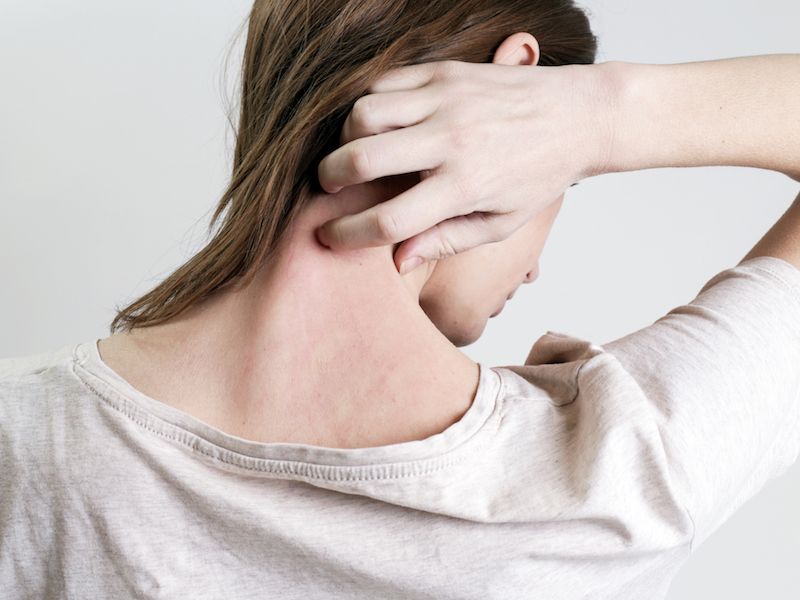
The word psoriasis commonly recalls images of people with skin trouble like the people on all those advertisements. Psoriasis is more than skin problems and truly impacts your overall health. Psoriasis is frequently misunderstood and minimized, due to a lack of knowledge of how psoriasis impacts sufferers as well as the serious conditions that can be related to this disorder. Though plaques on the skin are its most visible indicator, they’re indicative of what psoriasis can do in the whole body: The chance of metabolic problems that are increased by chronic inflammation and cardiovascular disease.
New research strengthens the body of research connecting another significant problem to psoriasis: Hearing loss. Published in The Journal of Rheumatology, The link between hearing impairment, psoriatic arthritis, and mental health were looked at in this study. Psoriatic arthritis has an impact on the joints, and is a kind of psoriasis, causing swelling, discomfort, and difficulty moving. The common plaques might not be experienced by people who suffer from psoriatic arthritis.
When someone has psoriatic arthritis, the body is essentially attacking its own healthy tissue in the same way that it does with rheumatoid arthritis because they are all autoimmune illnesses. But psoriatic arthritis differs from rheumatoid arthritis in that it’s usually asymmetrical (so you could have it in one knee but not the other), and it doesn’t only target joints but contributes to painfully swollen fingers and toes while it targets sufferer’s nails and eyes.
Based on the findings of this recent study, inflammation from psoriatic arthritis might also affect hearing. The researchers contrasted the self-reported hearing loss of individuals who suffer from psoriatic arthritis, people who have psoriasis but not psoriatic arthritis, and a big control group of people who had neither problem. They discovered that loss of hearing was more likely to be reported by the group that had psoriasis, and those reports were backed by audiometric testing. Even when controlling for other risk elements, psoriatic arthritis sufferers were significantly more likely to suffer from hearing loss than either {psoriasis sufferers or the control group}.
But there is an evident connection between psoriasis, psoriatic arthritis and loss of hearing. A 2015 study found that individuals who have been diagnosed with psoriasis are at a considerably higher risk of developing sudden sensorineural hearing loss, also referred to as sudden deafness. The capacity to hear decreases considerably over three days or less with sudden sensoroneural hearing loss. There are various likely causes for this, but scientists think that sudden psoriasis flare-ups might be to blame. The hearing may be affected if this occurs near or in the cochlea. In certain instances, treatments that alleviate psoriasis symptoms could be used to deal with this kind of hearing loss, but hearing aids are often recommended when sudden deafness doesn’t react to other treatments.
It’s important to keep track of your hearing if you have psoriasis or psoriatic arthritis. Schedule regular hearing tests along with your yearly health-care checkups. The inflammation from these diseases can lead to inner ear injury, which can lead to psoriasis and loss of balance. There are also connections between psoriatic arthritis and psoriasis, depression and anxiety, both of which can be additionally exacerbated by loss of hearing. Other health issues, like dementia, can be the outcome if you don’t catch hearing loss sooner than later.
With early treatment, you can stay ahead of the symptoms by having your hearing examined regularly and working with your doctor, awareness is key. You shouldn’t have to compromise your standard of living for psoriasis or for loss of hearing, and having the right team by your side can make a huge difference.
